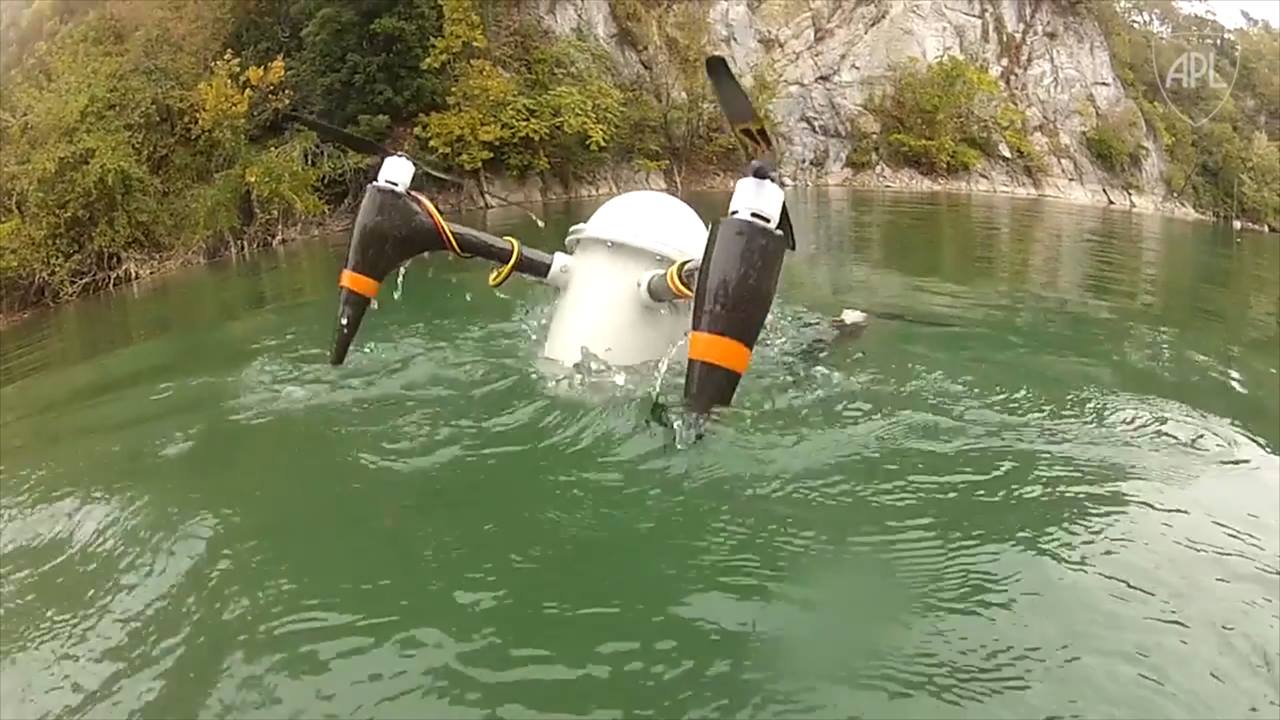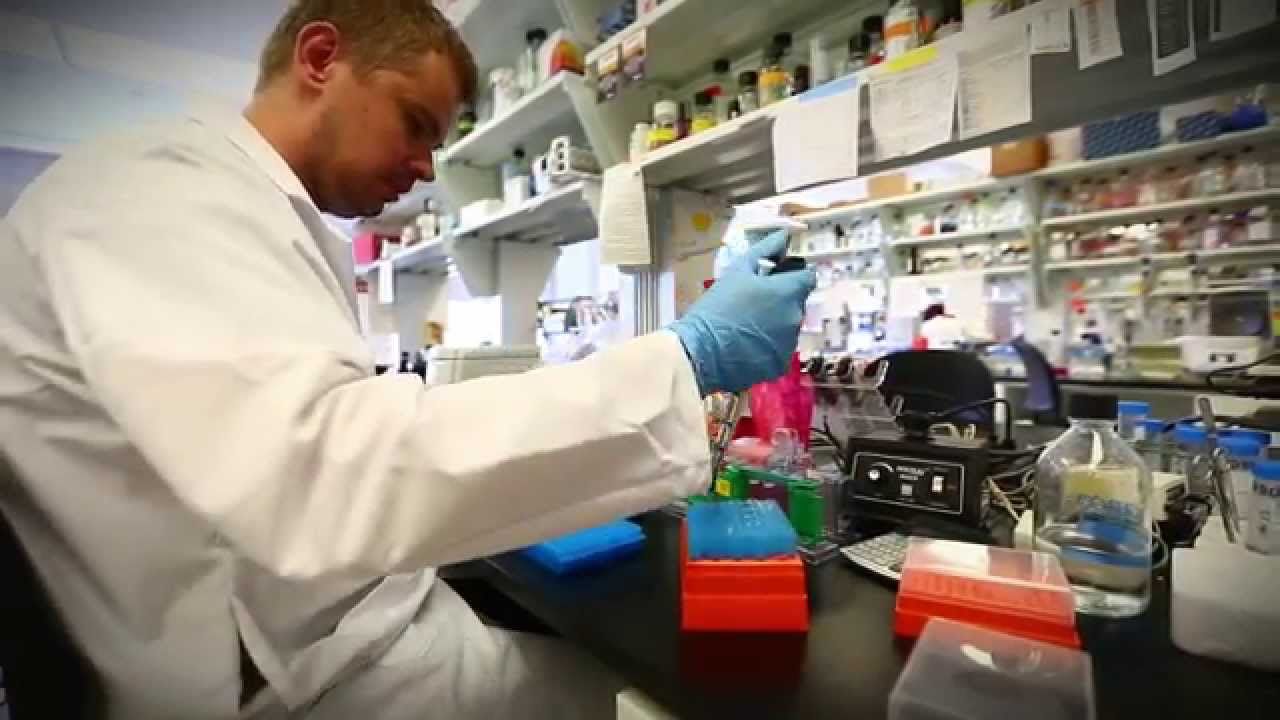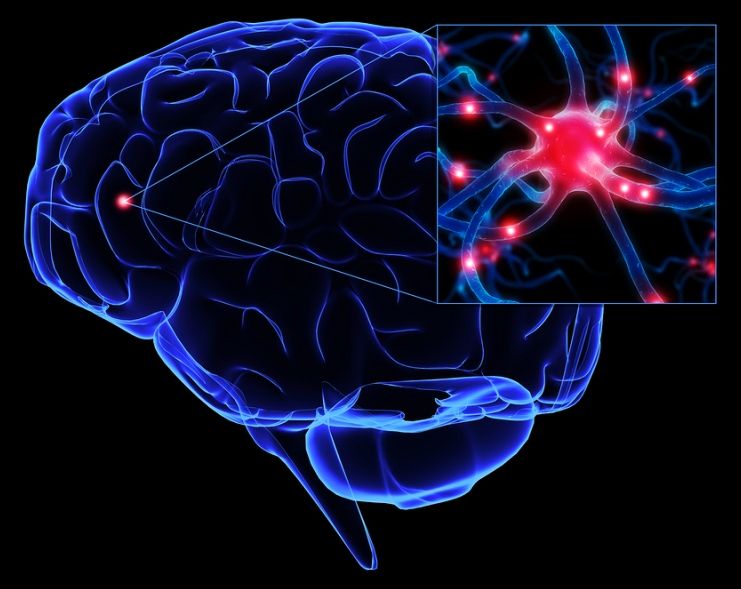
Researchers at the ASU School of Life Sciences may have found a way to improve crop performance and yield with the help of some new biotechnology. They’ve discovered a method to enhance a plant’s tolerance to stress, which could help them survive inclement conditions and still produce food.
The world’s population is currently exploding. There is already well over 7 billion people on Earth, and that number is expected to grow even larger in the next few years. This means that feeding the human race will become more of a challenge in the coming decades.
As the human population grows, climate change is taking its toll. Weather conditions are shifting in areas that are usually used to grow crops, which means that plants in those areas may not produce as much as they normally would. Drought, abnormal heat and other conditions could cause farms to lose production.
Continue reading “New Biotechnology Improves Crop Tolerance To Stress And Absorption Of Nutrients” »

















